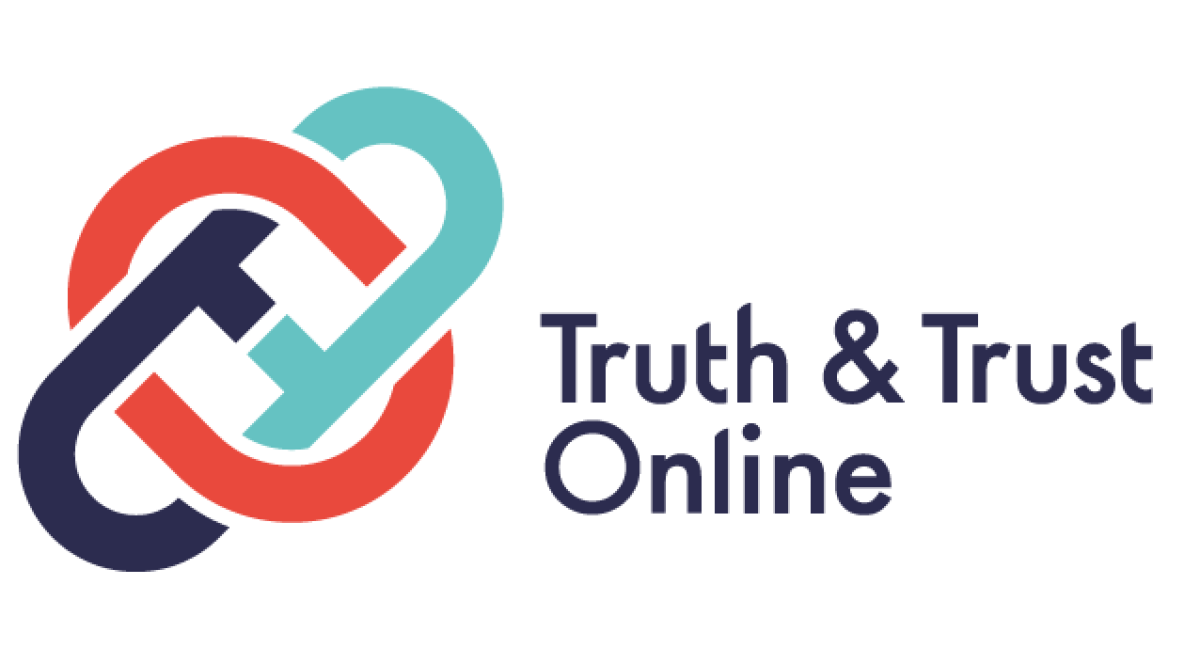The topics of truth and trust online have grown in importance in recent years, with consequences for millions of people globally. The research community must lead the way in developing innovative solutions to address these problems.

As a general chair of the 2021 Truth and Trust Online (TTO) conference, I would like to invite researchers in the fields of natural-language processing, computational social science, image and video processing, and privacy to submit paper or talk proposals to this year’s conference (October 7–8, 2021). The submission deadline for technical papers is July 30, and the deadline for talk proposals is August 13.
Authors of exceptional papers will be invited to submit extended versions of their papers to a special issue of the ACM Journal of Data and Information Quality (JDIQ), which will also be open to other submissions (deadline: November 15, 2021).
In addition to panels and presentations, the conference will also feature keynote talks by Gianluca Stringhini of Boston University, Lyric Jain of Logically, and Kalina Bontcheva of the University of Sheffield.
For more information about the call for papers, talk proposals, and the JDIQ special issue, please visit our web page.
Formed in 2019, TTO is the primary global conference for academics, representatives of industry and nonprofit organizations, and other stakeholders working on problems of untruthful, untrustworthy, and biased online content. Amazon was one of the conference’s cofounders and is a sponsor of this year’s conference.
In 2020, the conference explored the challenges around deep fakes, COVID-19 and public health, and propaganda. Our invited speakers included Meeyoung Cha, KAIST; Claire Wardle, First Draft; Cristian Canton, Facebook AI; Sam Gregory, WITNESS; and Baybars Örsek, International Fact-Checking Network, Poynter Institute. Additional information about last year’s conference is available on our website.
The topics of truth and trust online are core to what we do every day on the Alexa AI knowledge team. We have also published a number of papers in the area (for example, our work on mitigating social biases in knowledge graphs, evaluating biases in language models, and fact extraction and verification). The field of research is still emerging, however, and we are excited to share with and learn from our colleagues across this space.

















